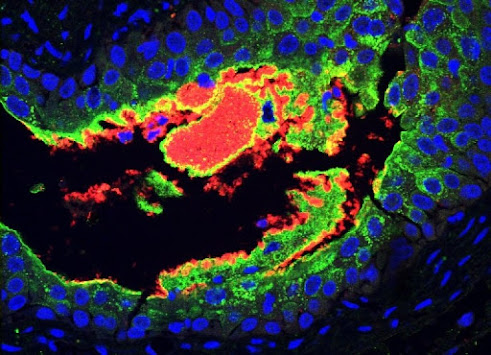Vampire bats infected with the rabies virus aren’t likely to act stereotypically “rabid,” according to a new study – instead, infected male bats tended to withdraw socially, scaling back on the common habit of grooming each other before they died of the disease.
The study was the first to observe how rabies affects vampire bat social behavior, and one of only a few research efforts to understand how rabies infection impacts behavior in one of the species most responsible for causing rabies outbreaks in humans and livestock in Latin America. The virus is typically transmitted to other species by direct contact between vampire bats’ infected saliva and the broken skin of the livestock or other animals (and, rarely, humans) they bite to feed on blood.
In the roost, vampire bats might infect each other through the licking and chewing that constitute the grooming behavior they engage in for up to 5% of their active time, said Gerald Carter, senior author of the study and assistant professor of evolution, ecology and organismal biology at The Ohio State University.















.jpg)

